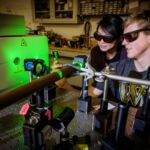Follow Us
To get the latest news year round, please follow us on social media:
Way to go, Katie! Katie Koch was awarded a poster prize at the Gordon Research Conference for Unconventional Semiconductors and their Applications earlier this month.
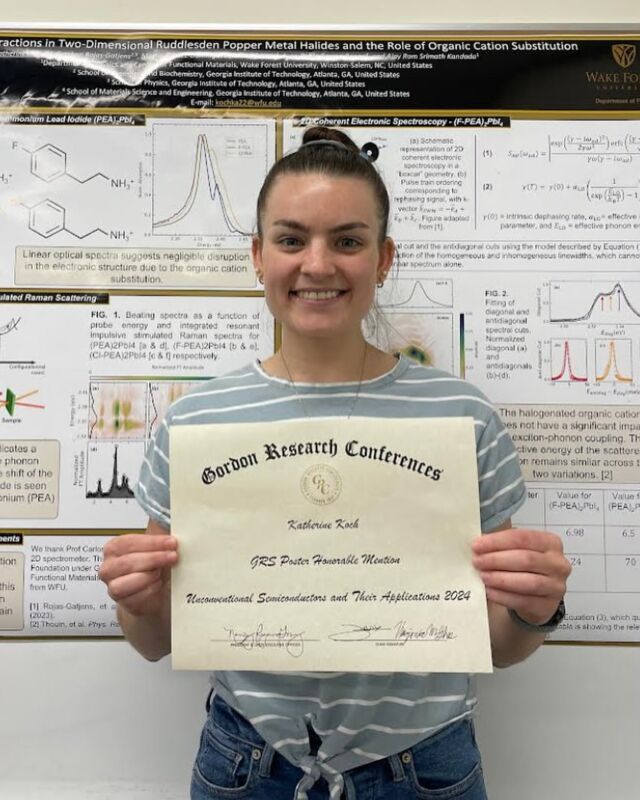
Congratulations to Dr. Wu on his successful PhD defense! We were thrilled to celebrate you and your accomplishment today!
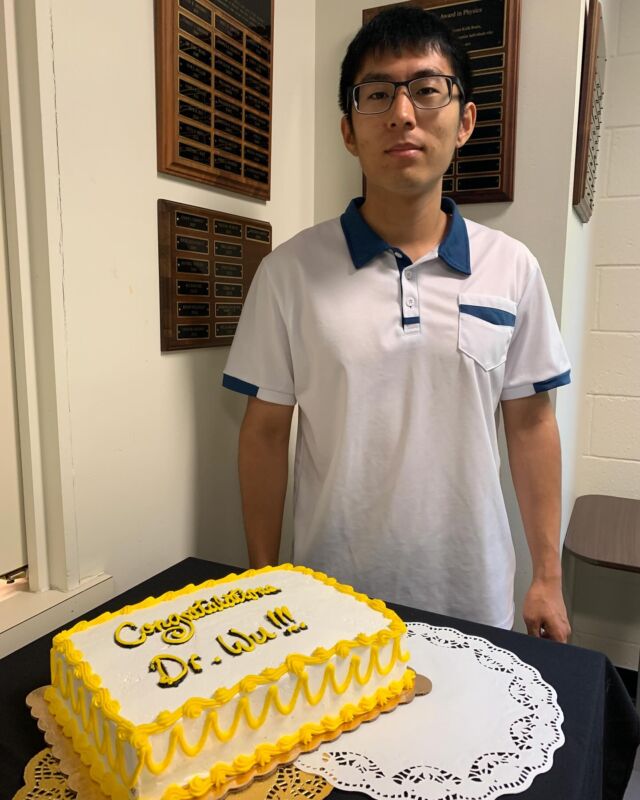
Congratulations to Dr. Shohreh Gholizadeh Siahmazgi! She successfully defended her PhD today. We are so proud of you and to have supported your work!
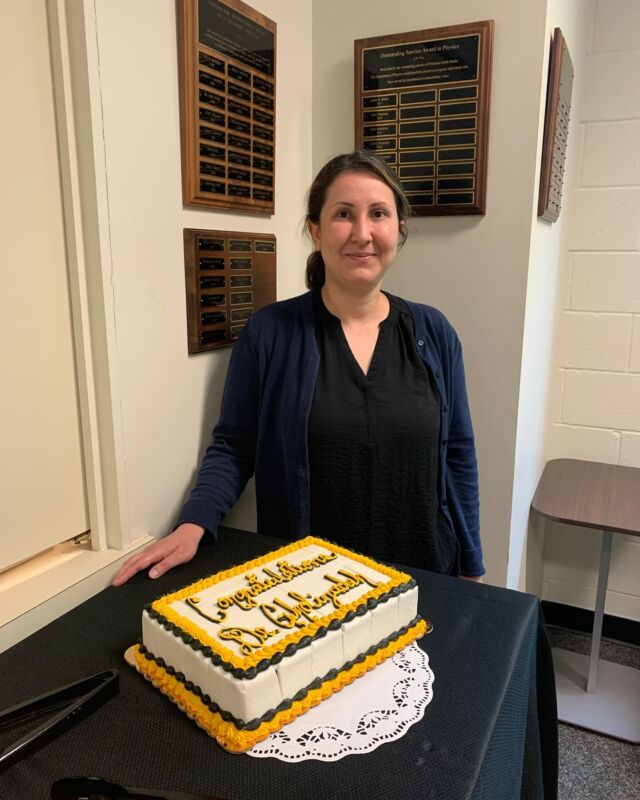
Congratulations to Dr. Gabriel Marcus on a successful PhD defense! We are proud of you and all your work and perseverance!
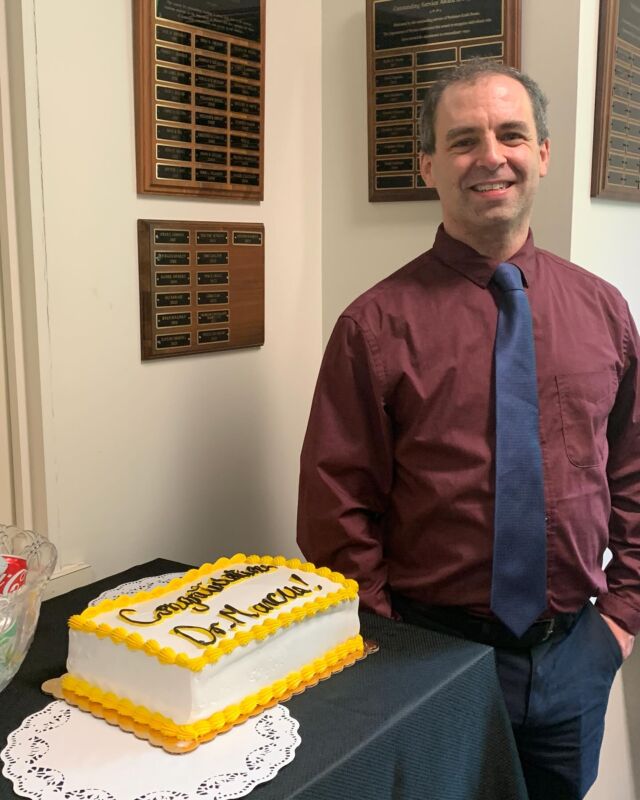
Keith Bonin is named Richard T. Williams Faculty Chair in Physics
This endowed chair position is designated to go to an excellent faculty member who is engaged in interdisciplinary scholarship, teaching, and student mentorship. Congratulations, Dr. Bonin! 🎉

Join us this Thursday, 3/21 in welcoming back WFU Physics Alumni Dr. Ryan Melvin. He is a Professor in the Department of Anesthesiology and Perioperative Medicine, Heersink School of Medicine, at the University of Alabama, Birmingham. His talk will be titled "Adventures in Time Series Analysis".
Abstract:
This seminar, tailored for physicists, embarks on an explorative journey into time series analysis, demonstrating its impact across finance, healthcare, and artificial intelligence. We begin in the financial world, where time series models are key in forecasting. Here, physicists` familiarity with exponential smoothing and Brownian motion provides a unique lens to understand these financial tools.
Shifting to healthcare, we encounter the physics of blood flow in cerebral autoregulation (the body’s dynamic ability to maintain proper oxygenation for the brain). Here we examine how time series analysis is crucial for optimized blood pressure management during cardiovascular surgery and intensive care stays.
Next, treating text as sequential data, we examine generative AI. We`ll explore how time series analysis is employed in the realm of AI, specifically in natural language processing, demonstrating its relevance beyond traditional numerical data. The seminar will conclude with a demo of several custom generative AI tools currently used in clinical research and administration.
Designed for physicists, this session highlights the interdisciplinary applications of time series analysis, revealing its ubiquitous role in diverse fields from economic predictions to medical technology and AI innovations.
**Dr. Melvin will also be doing a career event from 12pm to 1:30pm in the Olin Lobby. Feel free to join us and grab some pizza!
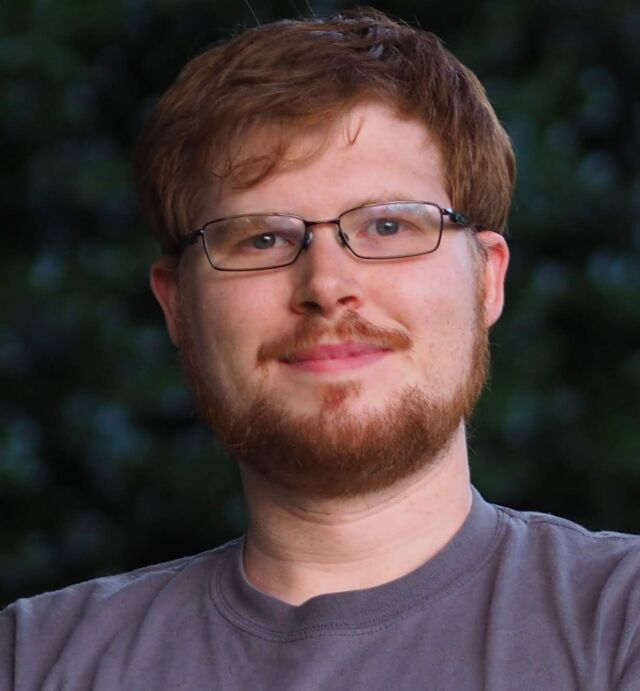
Join us Thursday, 3/7 for a career event (12-1pm, Olin 105) as well as our weekly seminar (4-5pm, Olin 101) with our guest, Robert Maher, coming all the way from Montana State University. His research talk is titled "Audio Forensic Analysis of Gunshot Sounds".
Abstract:
Audio forensic analysis is the field of forensic science relating to the acquisition, analysis, and evaluation of sound recordings that may ultimately be presented in court or some official venue. The primary forensic concerns are assessing authenticity, enhancing speech to aid intelligibility, and scientific interpretation and documentation. Audio forensic evidence may include gunshot sounds, and this sort of evidence is increasingly available due to home doorbell cameras, law enforcement body-worn cameras, and bystanders with smartphones. This presentation includes a description of contemporary methods and research about the interpretation of gunshot sounds for forensic purposes. Case study examples are also presented.
**Pizza will be served at the Career event, and refreshments will be served prior to the seminar in Olin 101 beginning at 3:30pm.


